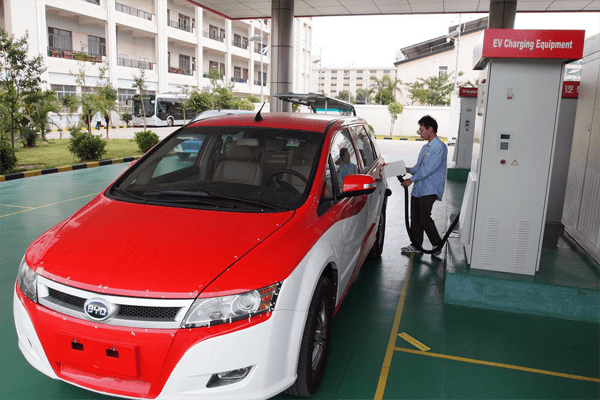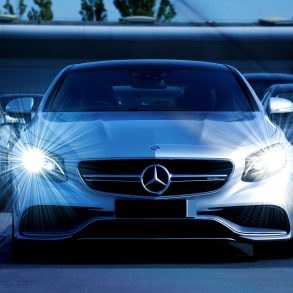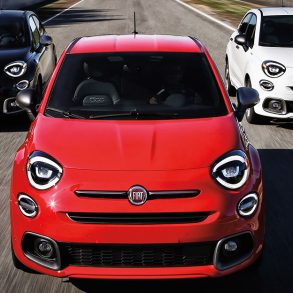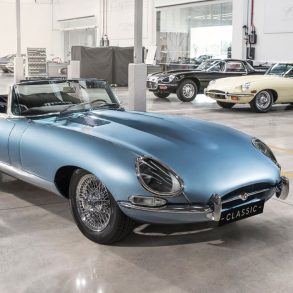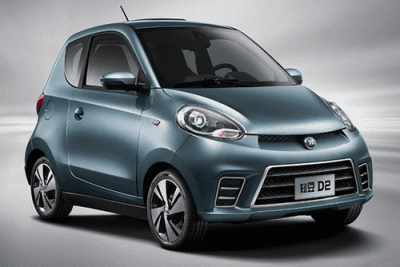 Under pressure because of air quality concerns in its major cities, the Chinese government has heavily subsidized the sales of electric cars since 2010 and forced municipal governments to do the same. These subsidies could slash more than half of the price of the car or even more, as CarNewsChina reports the Zhi Dou D2 EV can be bought for just 49.800 Yuan ($7.560) after subsidies, which total an astonishing 109.000 Yuan ($16.550).
Under pressure because of air quality concerns in its major cities, the Chinese government has heavily subsidized the sales of electric cars since 2010 and forced municipal governments to do the same. These subsidies could slash more than half of the price of the car or even more, as CarNewsChina reports the Zhi Dou D2 EV can be bought for just 49.800 Yuan ($7.560) after subsidies, which total an astonishing 109.000 Yuan ($16.550).
Such a scheme is bound to cause a distortion in the market place, but even worse: cause companies to fraud, and that’s exactly what has happened, according to various Chinese news media. The Economic Observer in Beijing and National Business Daily in Shanghai reported that unspecified domestic automakers have over-reported sales of their plug-in cars in order to wrongfully claim government subsidies. Some of them are claimed to have reported sales of EVs to subsidiary “shell” companies, only to remove the batteries and reuse them in the next production run.
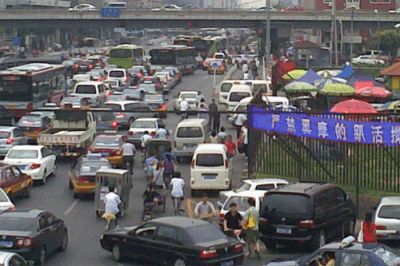 These subsidies of up to 117.000 Yuan ($17,750) per all-electric car or fuel cell vehicle, and up to 63.000 Yuan ($ 9,565) for each plug-in hybrid sold and were to be slowly phased out over the next four years. In 2015 alone, these incentives amounted to 30 billion Yuan ($ 4.5 billion), which has caused a surge in sales of these types of cars, as electrified vehicle sales increased 340% in 2015 to 331.000 units. But some of those reported sales are now under investigation as huge sums of taxpayers’ money is suspected to have been siphoned off.
These subsidies of up to 117.000 Yuan ($17,750) per all-electric car or fuel cell vehicle, and up to 63.000 Yuan ($ 9,565) for each plug-in hybrid sold and were to be slowly phased out over the next four years. In 2015 alone, these incentives amounted to 30 billion Yuan ($ 4.5 billion), which has caused a surge in sales of these types of cars, as electrified vehicle sales increased 340% in 2015 to 331.000 units. But some of those reported sales are now under investigation as huge sums of taxpayers’ money is suspected to have been siphoned off.
This should not be viewed in the light of recent scandals in the automotive industry, most notable those with the GM ignition switches, Takata airbags or Volkswagen’s emission software cheating. No consumers have been harmed or lied to, this is just an opportunistic reaction to absurdly generous government interference with the marketplace. This fraud is an indication that China is not yet fully ready to embrace a free market. The government is still trying to control the marketplace by spending a huge budget on subsidies and some companies are not responsible enough to prefer honestly earned long-term benefits over fraudulent quick profits.
Subsidies are a bad idea anyways
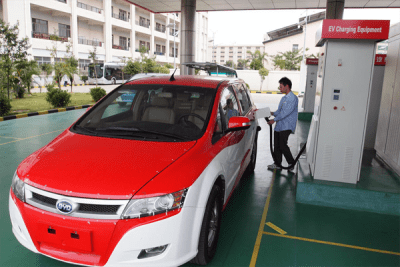 The subsidies have not only led to fraud, but also have caused huge inefficiencies in the supply chain, as each municipality has attached its own terms to the subsidy. Some require automakers to assemble the cars locally in order to receive the incentives. This has forced BYD, the largest EV maker in China with about 50.000 sales last year, to build low-volume assembly plants in seven cities. The company also claims that it could have sold as much as four times as many EVs if it weren’t for municipal protectionism in which the local government favors state-owned companies, more evidence that China is not yet ready for an open economy.
The subsidies have not only led to fraud, but also have caused huge inefficiencies in the supply chain, as each municipality has attached its own terms to the subsidy. Some require automakers to assemble the cars locally in order to receive the incentives. This has forced BYD, the largest EV maker in China with about 50.000 sales last year, to build low-volume assembly plants in seven cities. The company also claims that it could have sold as much as four times as many EVs if it weren’t for municipal protectionism in which the local government favors state-owned companies, more evidence that China is not yet ready for an open economy.
The Beijing government plans to cut the subsidies 20% over the next two years and 40% by 2020, by which time 5 million EVs and PHEVs should be on the road in China, up from 583.200 at the end of 2015. The China Association of Automobile Manufacturers predicts that sales of plug-in vehicles will more than double in 2016 to 700.000. However, in the meantime existing subsidies on electrified cars will create a huge fiscal burden of as much as 390 billion Yuan on the already slowing Chinese economy. After the subsidies end, the government is expected to introduce a trading system for carbon credits, giving automakers credits for the production of plug-in vehicles, which they can then sell to other automakers who don’t meet emissions standards. That wouldn’t take away all of the incentives for fraud, but at least most of it, and it would create an open marketplace instead of government intervention.

